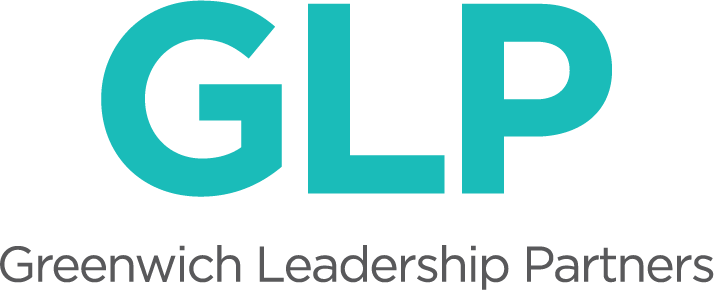GLP is happy to welcome Kirk Greer as a member of the GLP team and guest blogger this summer. Kirk is currently the upper school history chair at the Latin School of Chicago and previously served as its Director of Studies and Professional Development. He is also a new board member at Baker, a progressive JK-8 independent school on Chicago's North Shore.
Earlier this week, I had the chance to share a beer (or two) with a colleague who reflected on changes he had made to his communication style with students. Having read research that detailed how vital the teacher-student relationship is to the success of students of color in predominantly white schools, my white colleague invested more time in cultivating positive affect and personalizing his communication and encouragement so that he might connect more authentically with all his students.










